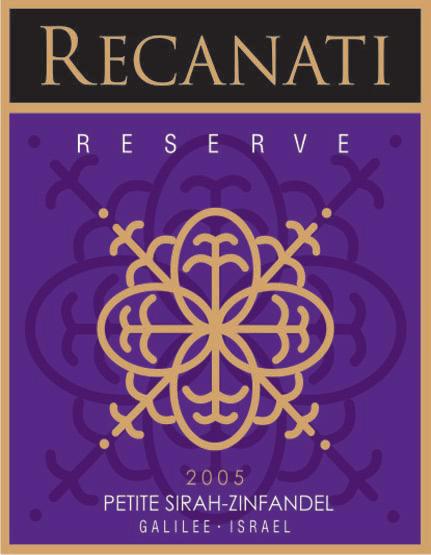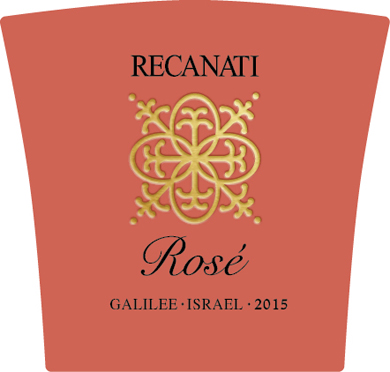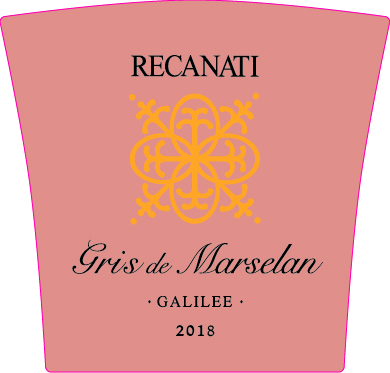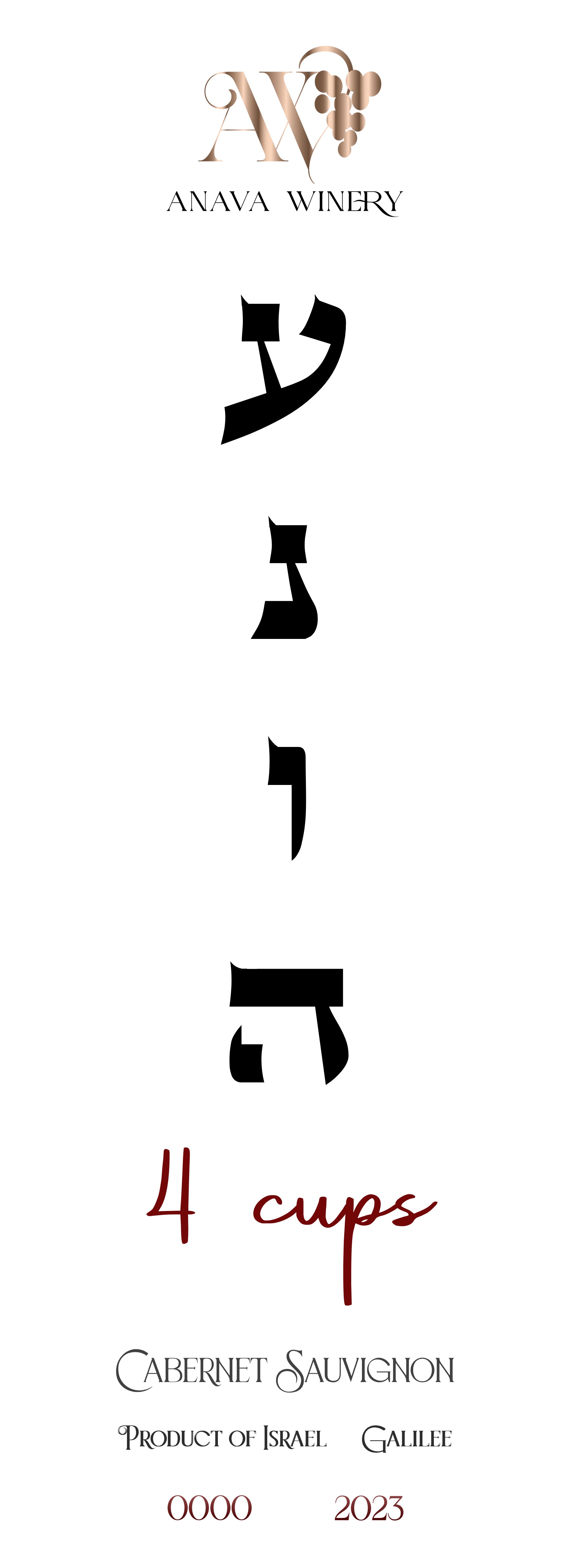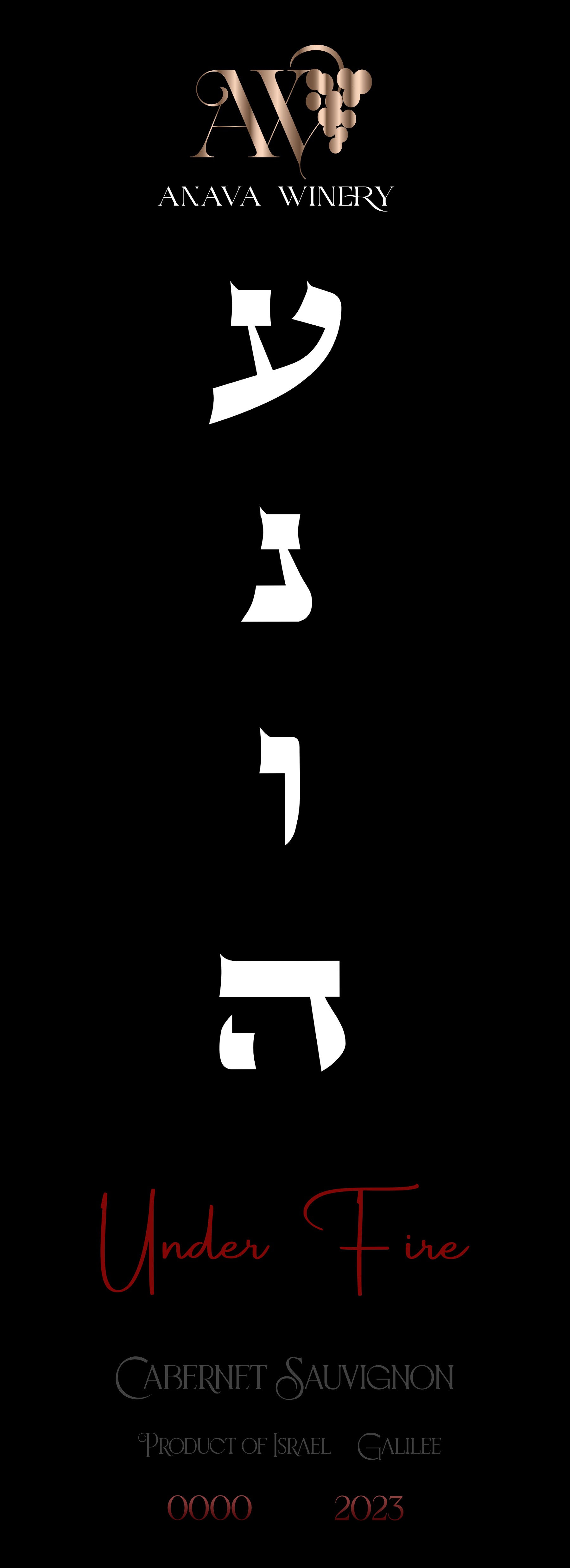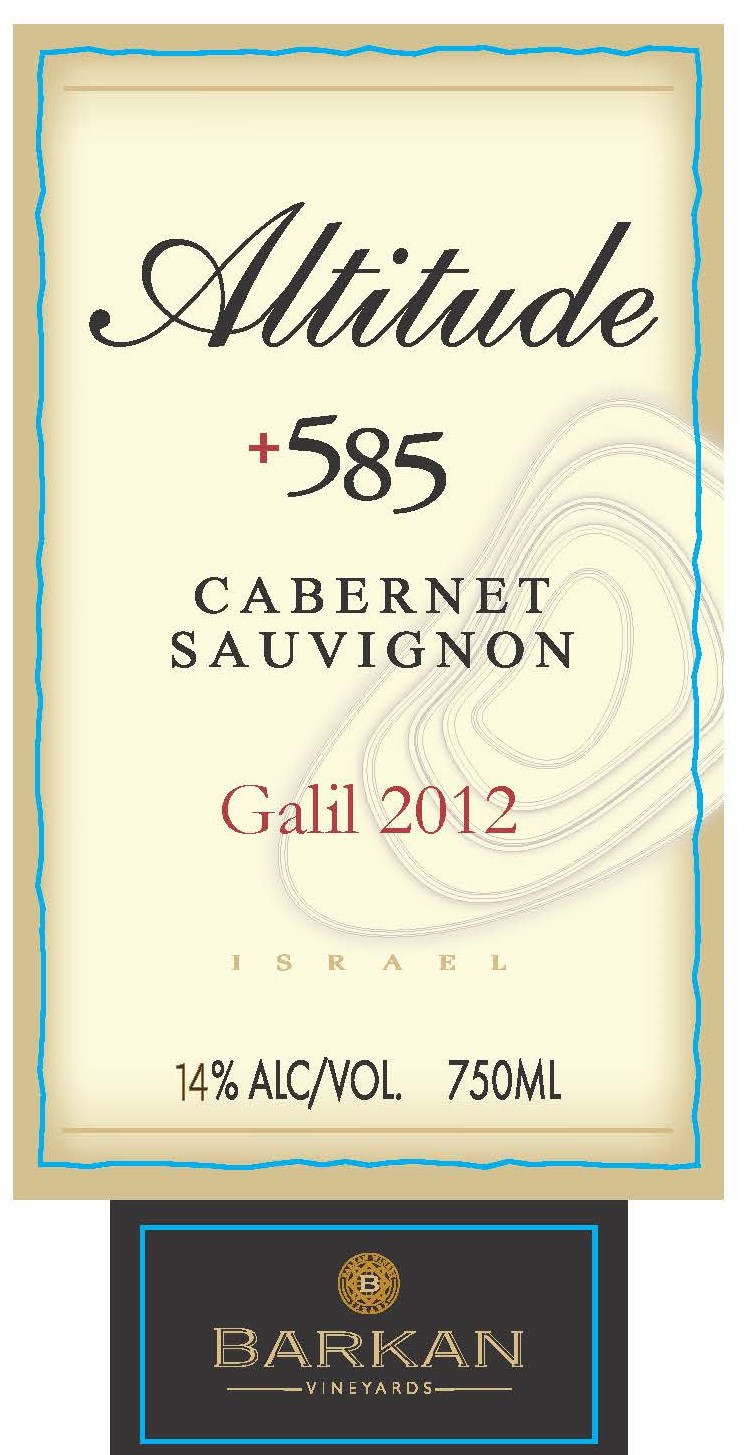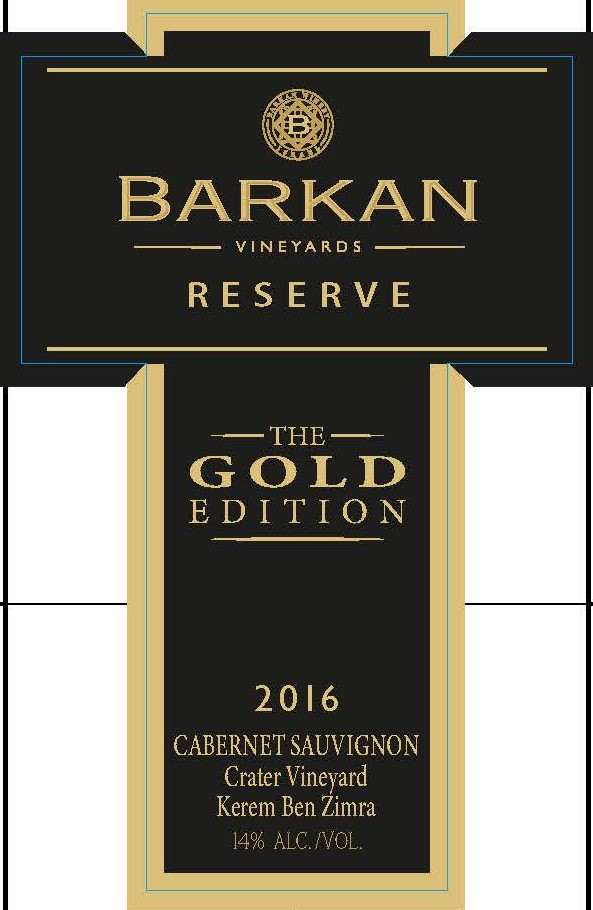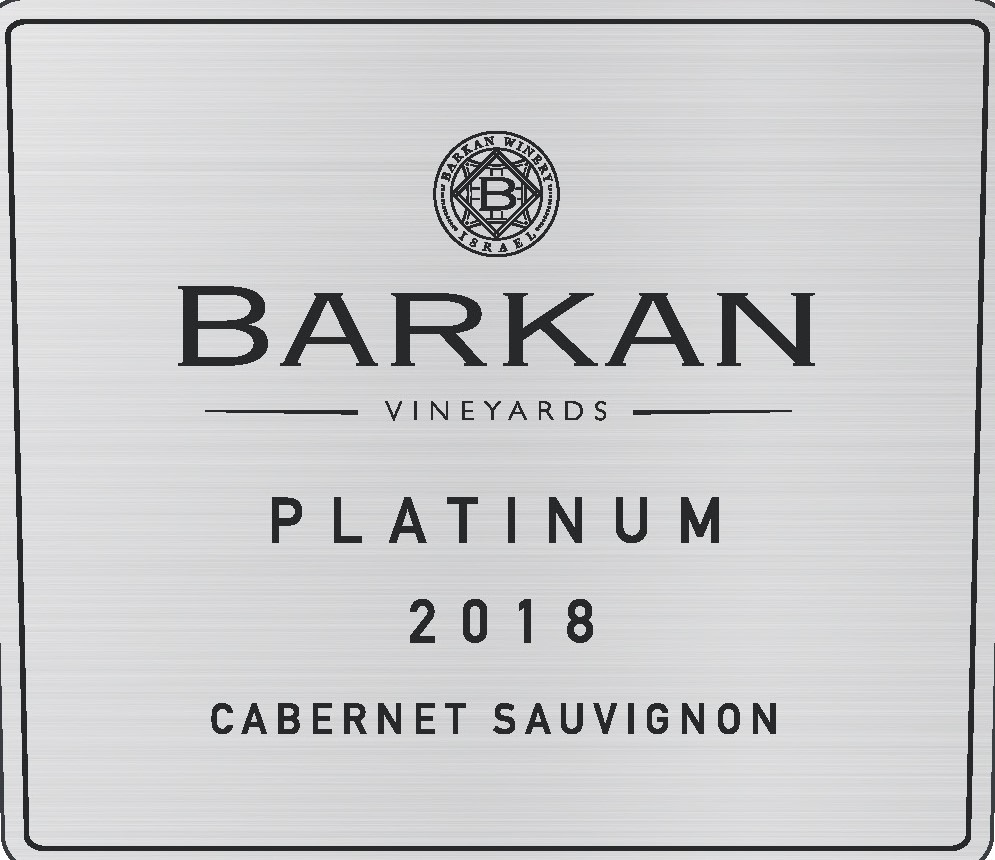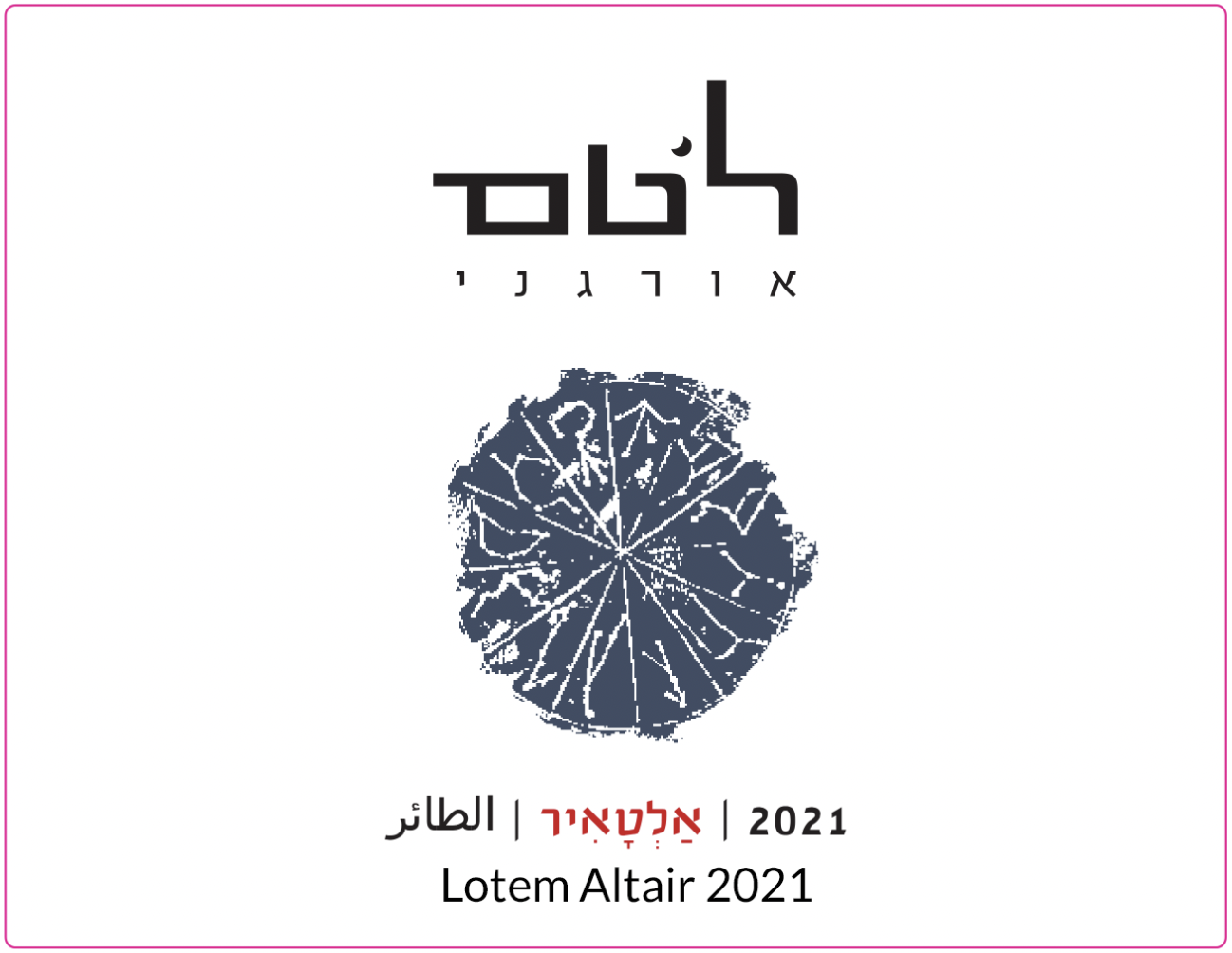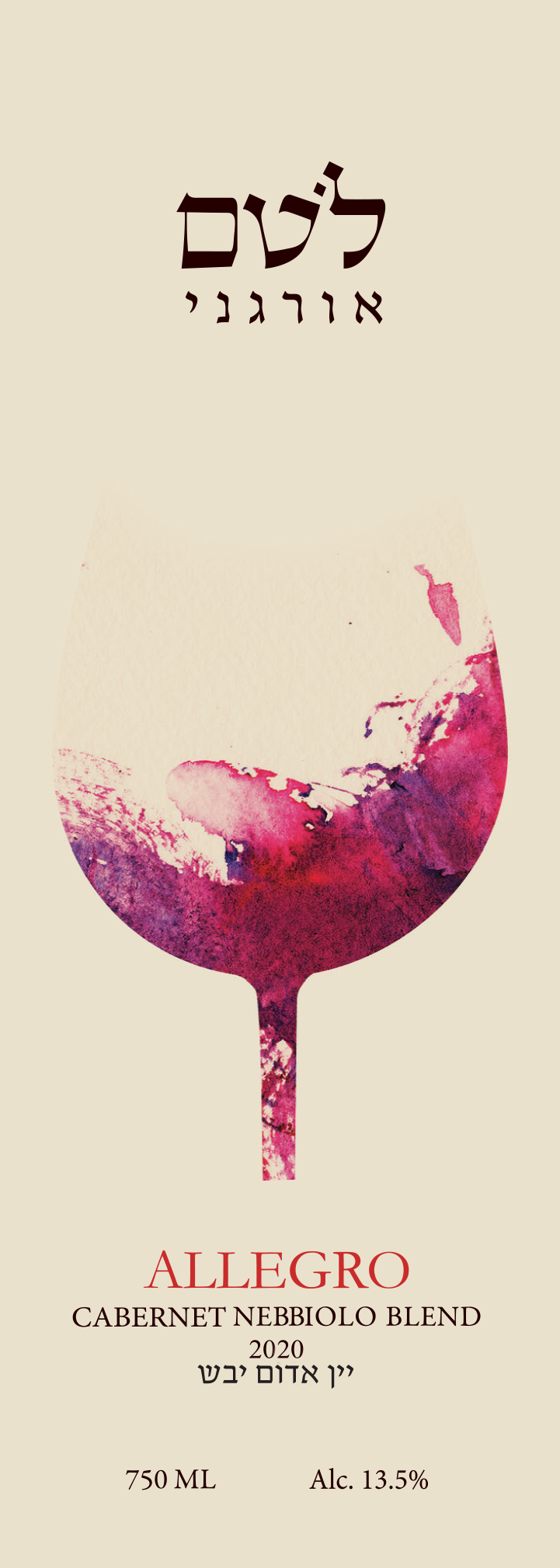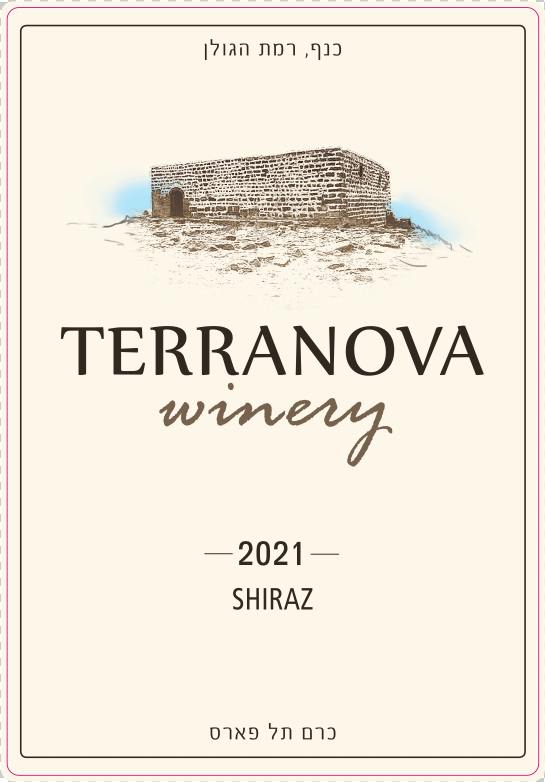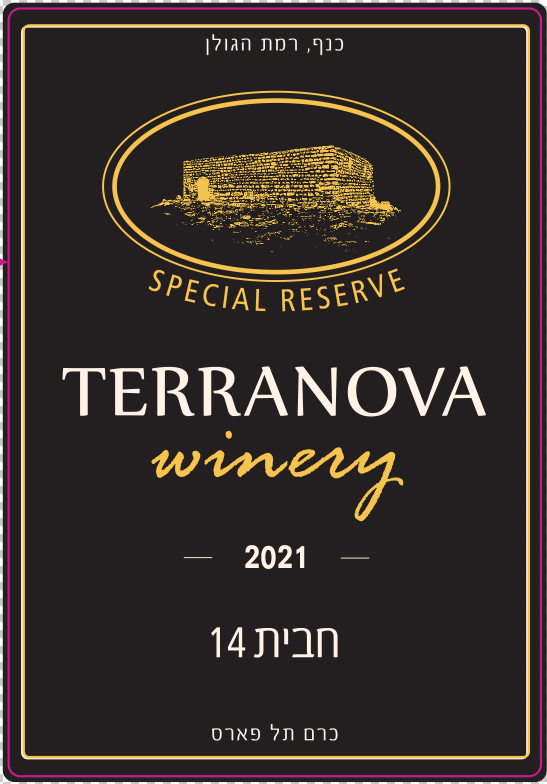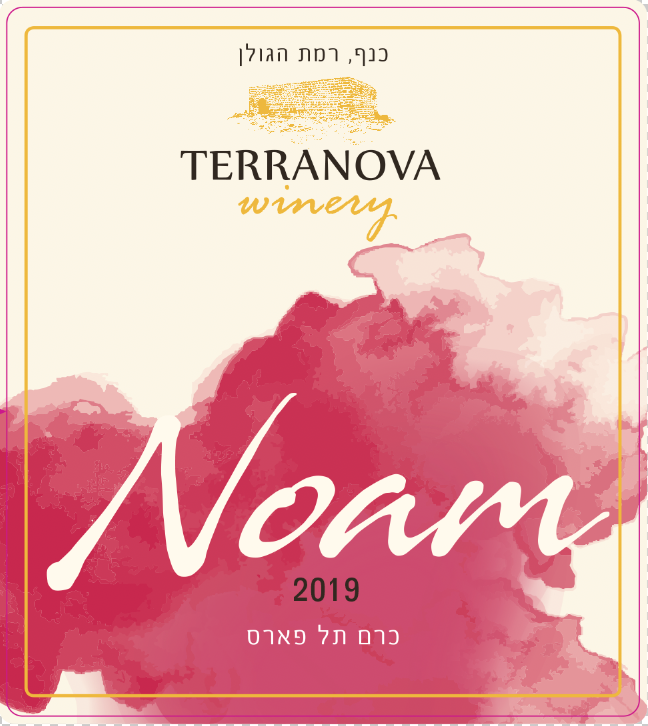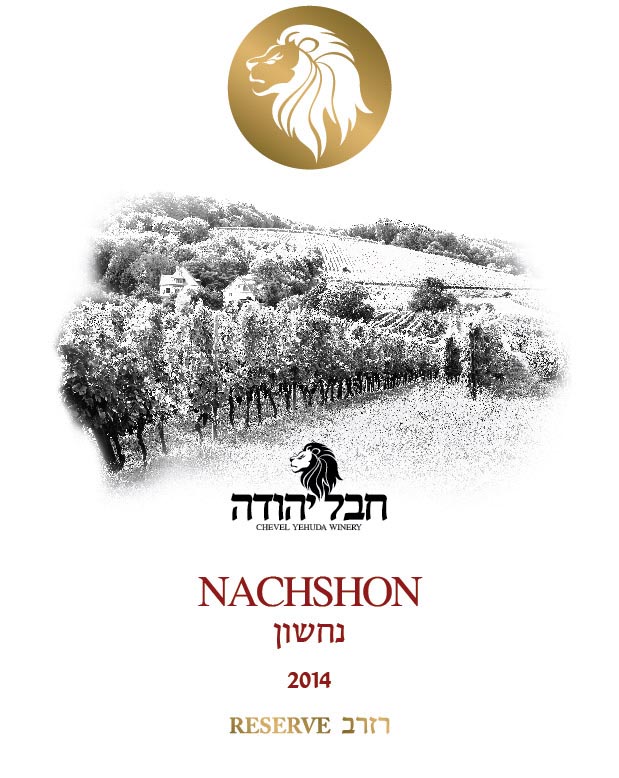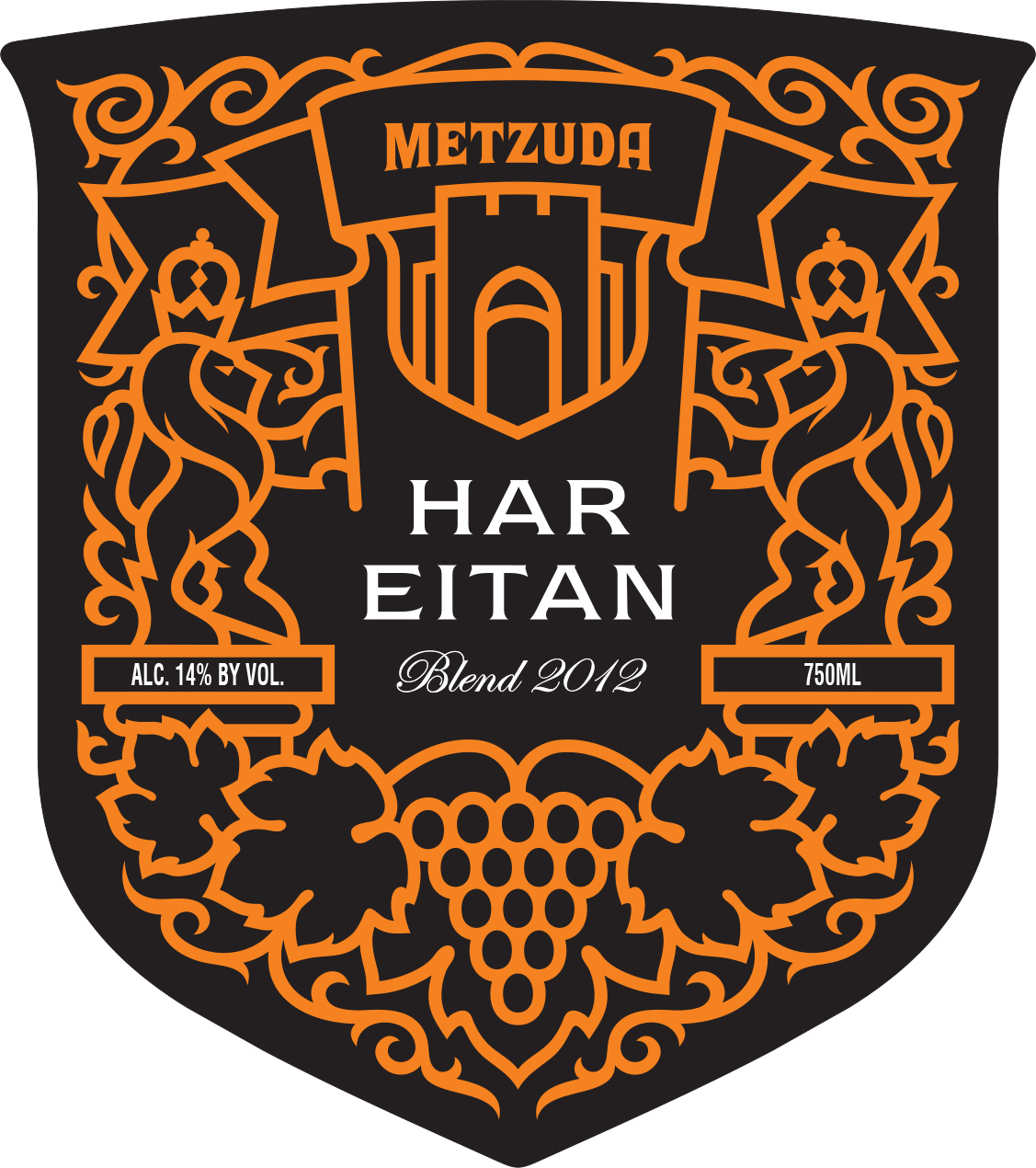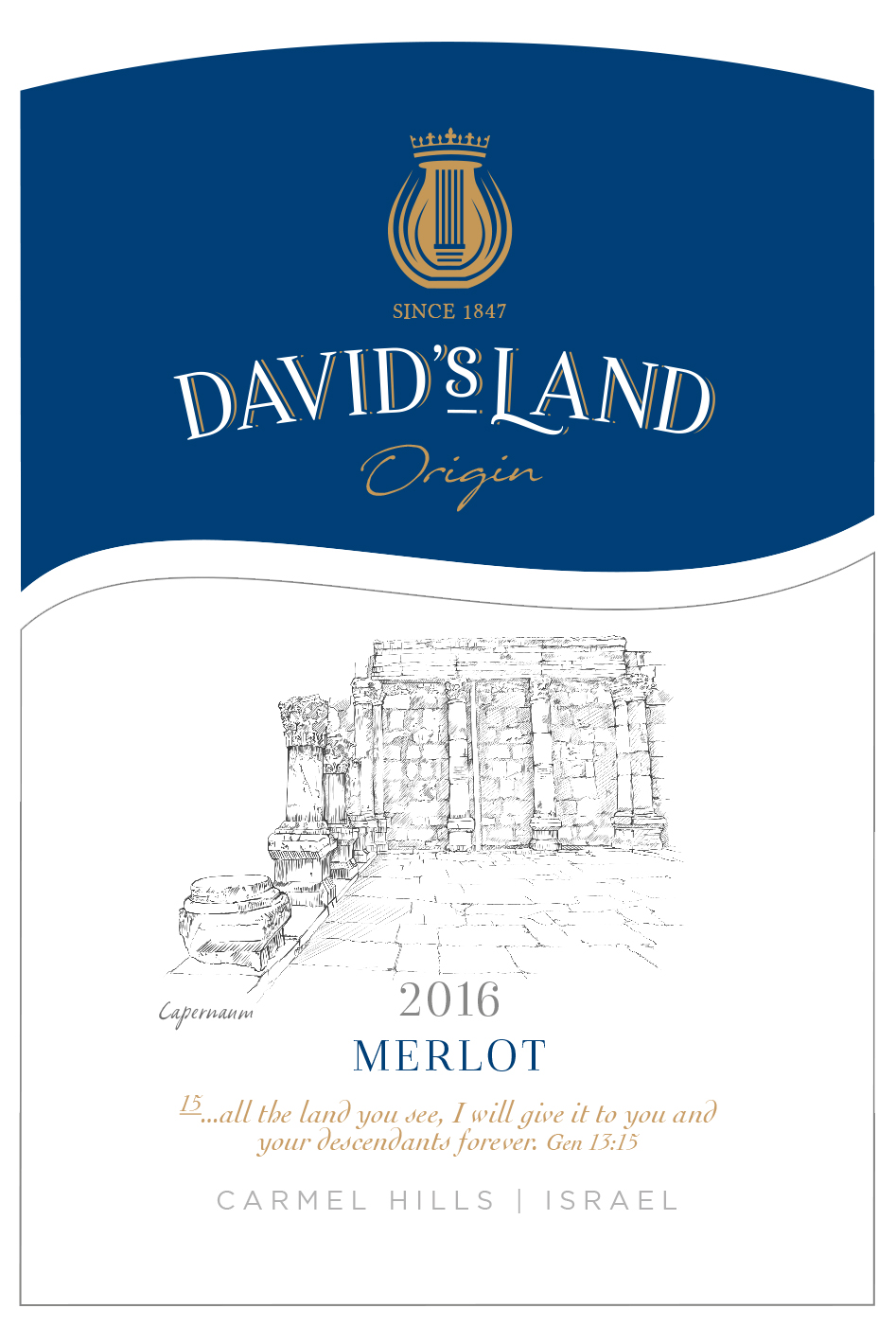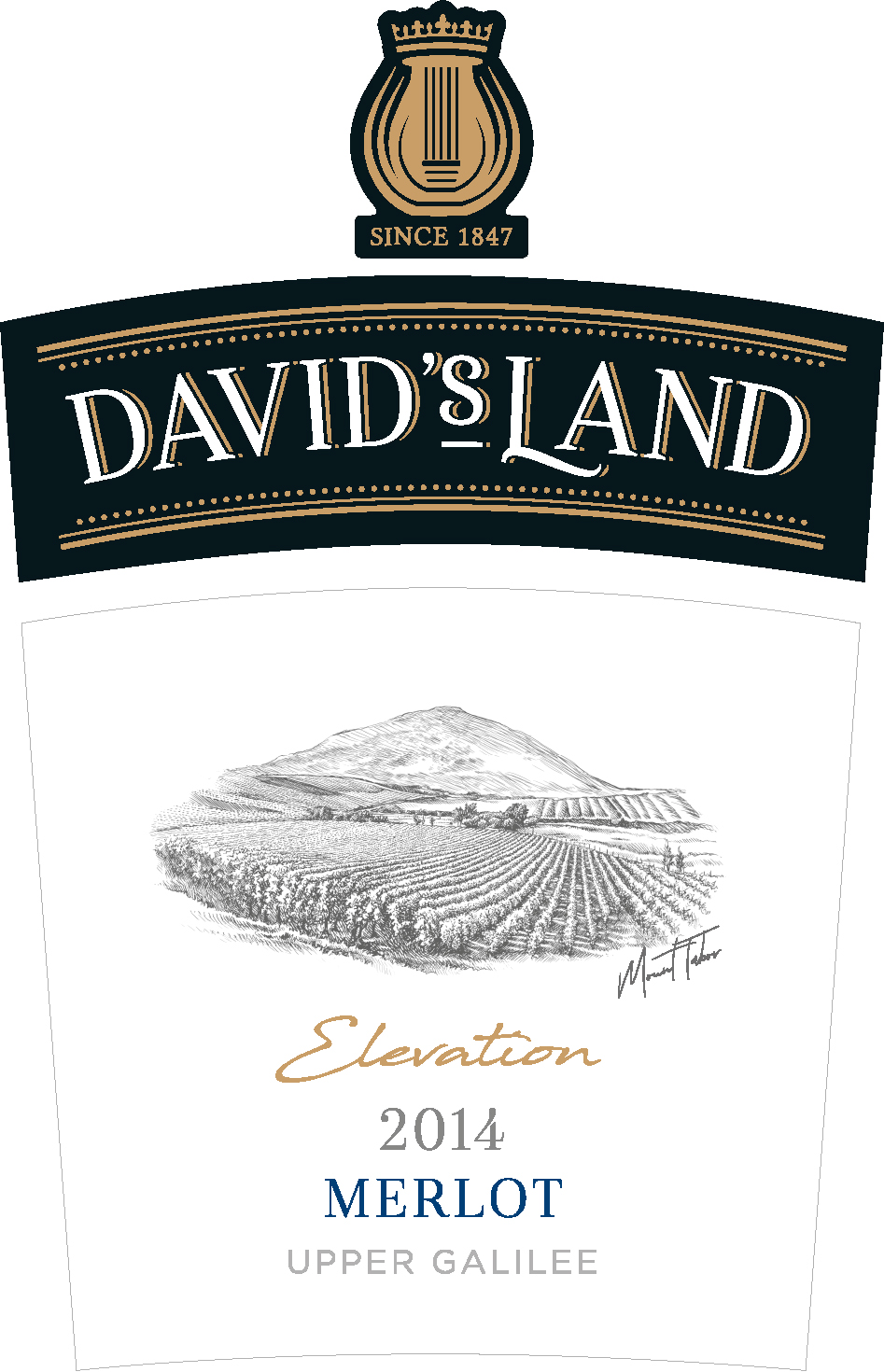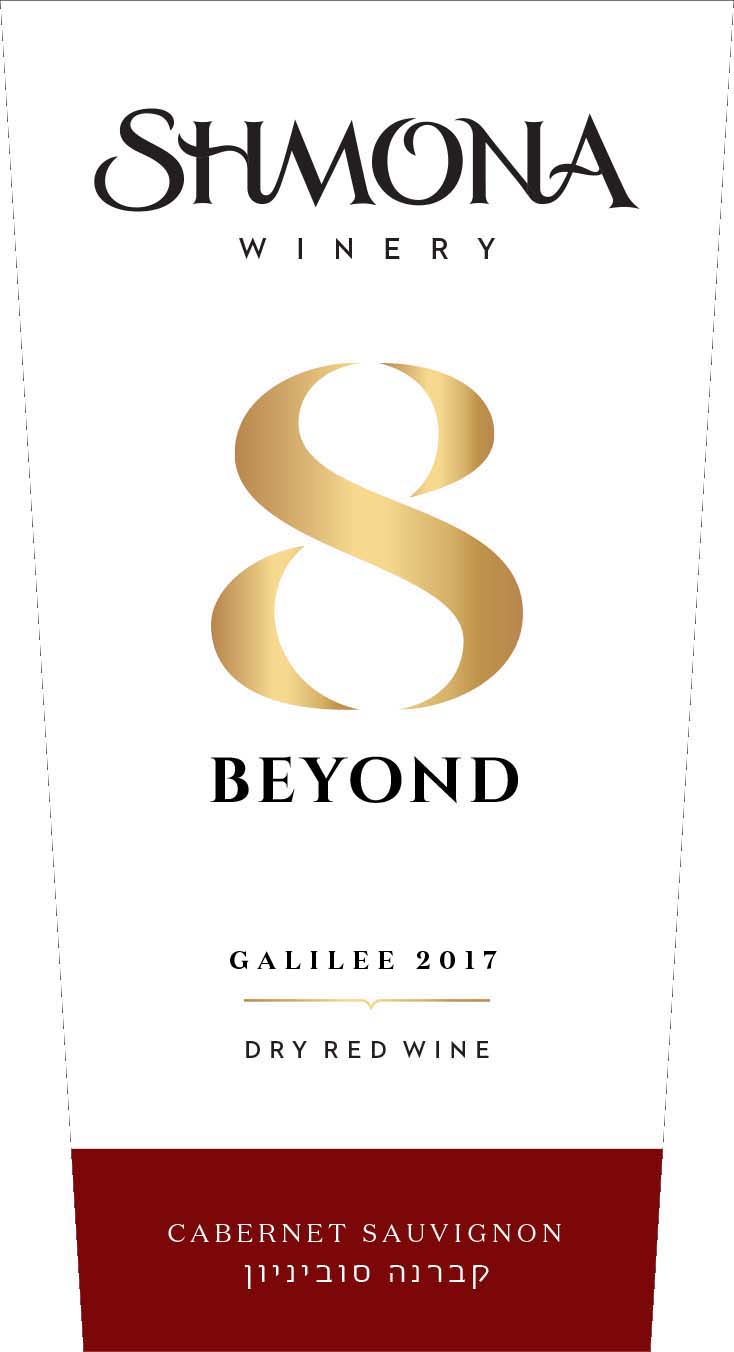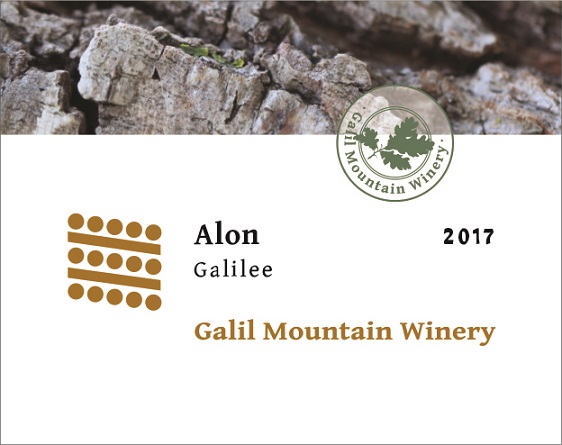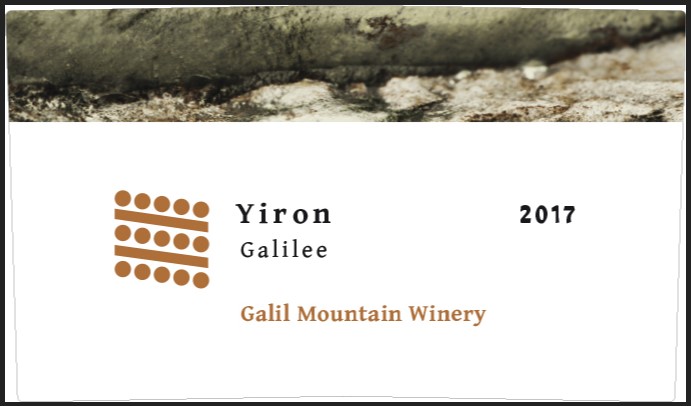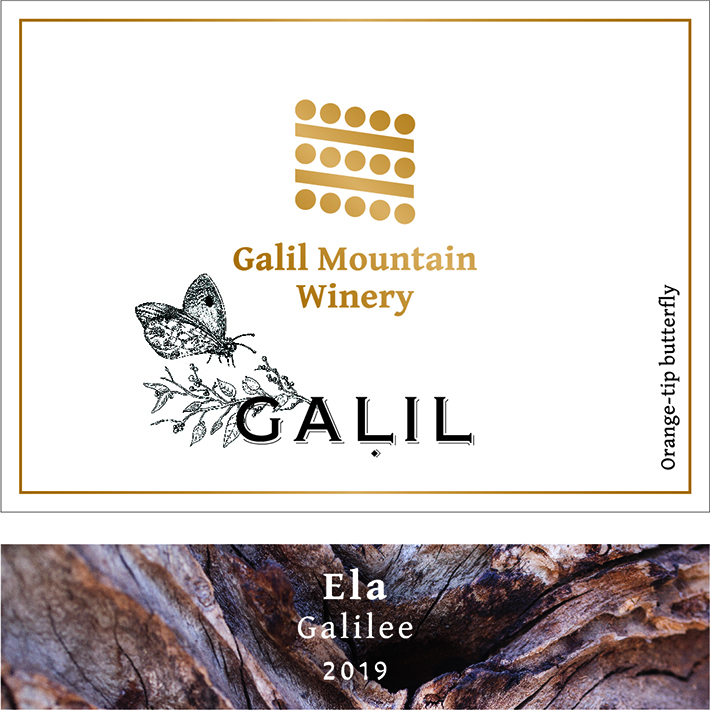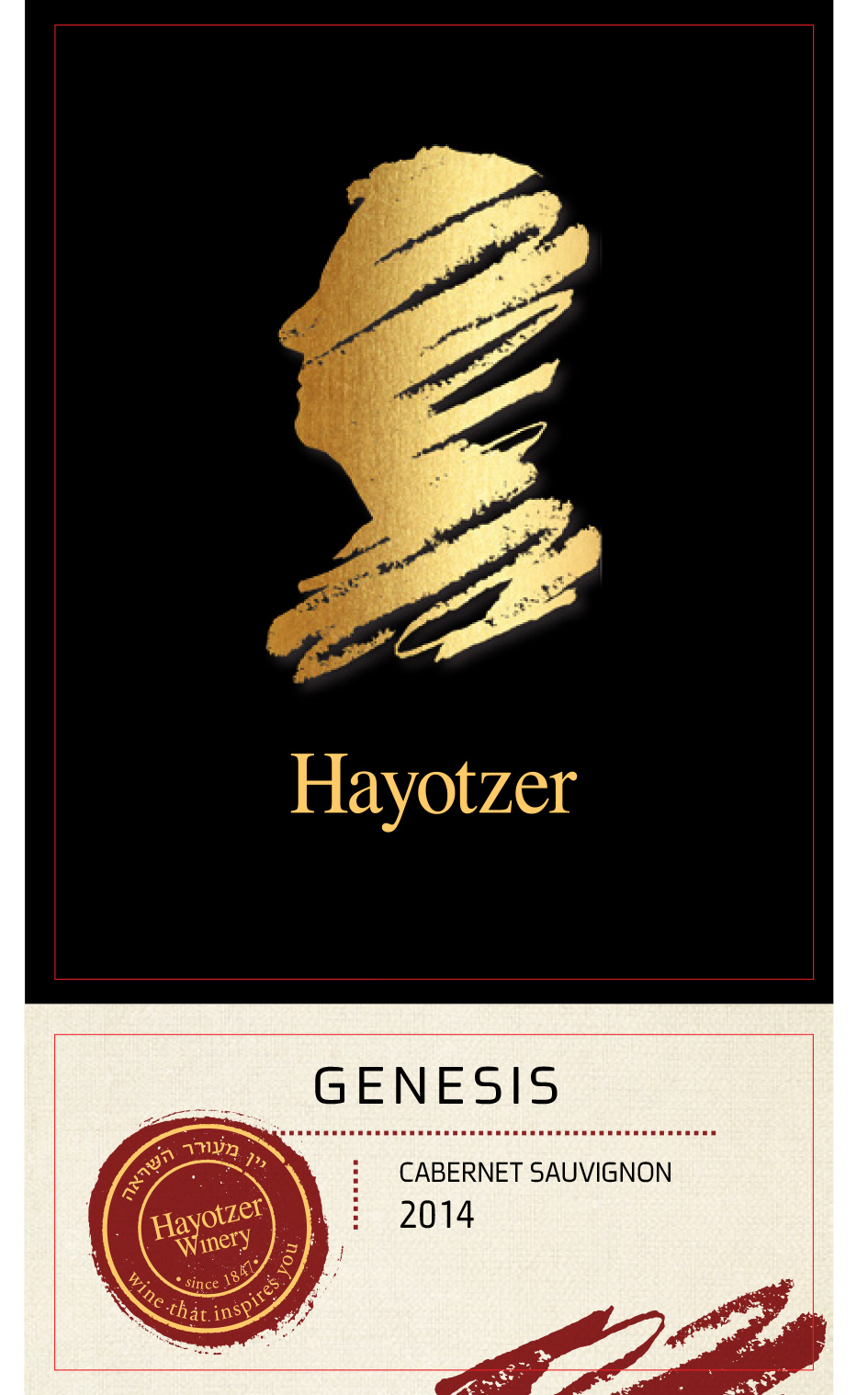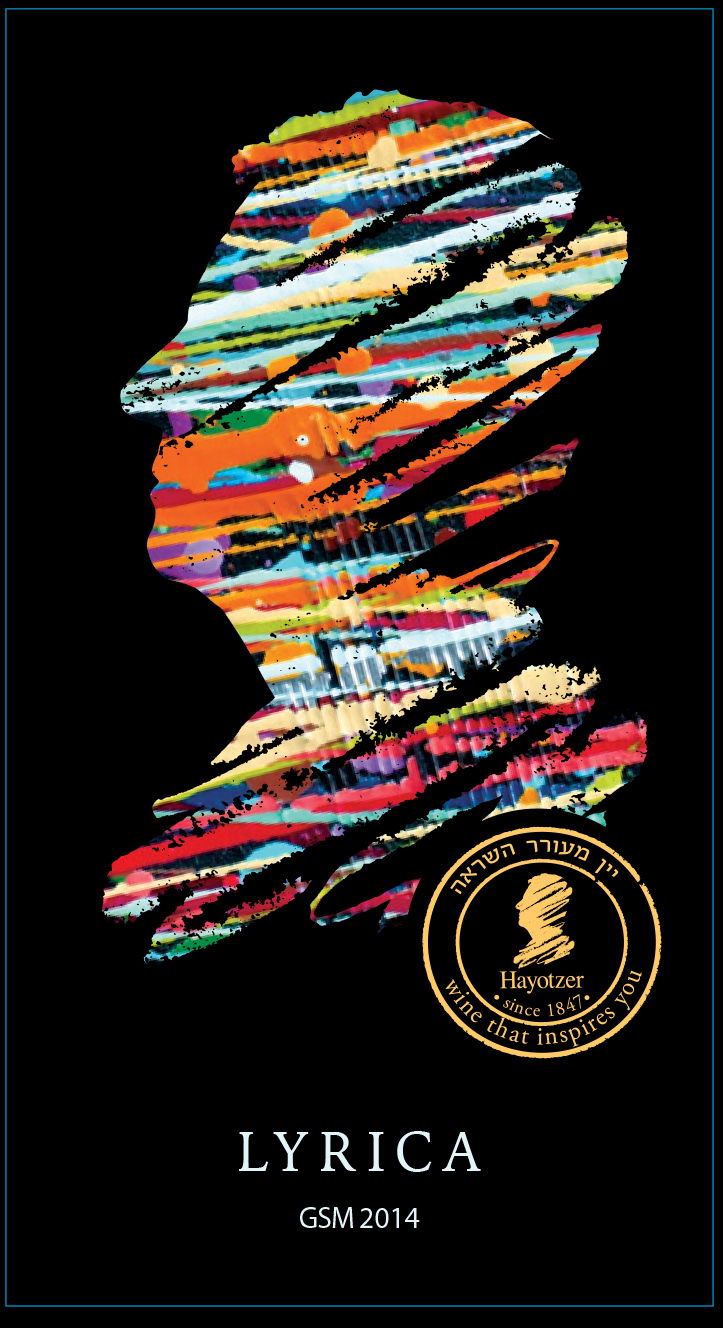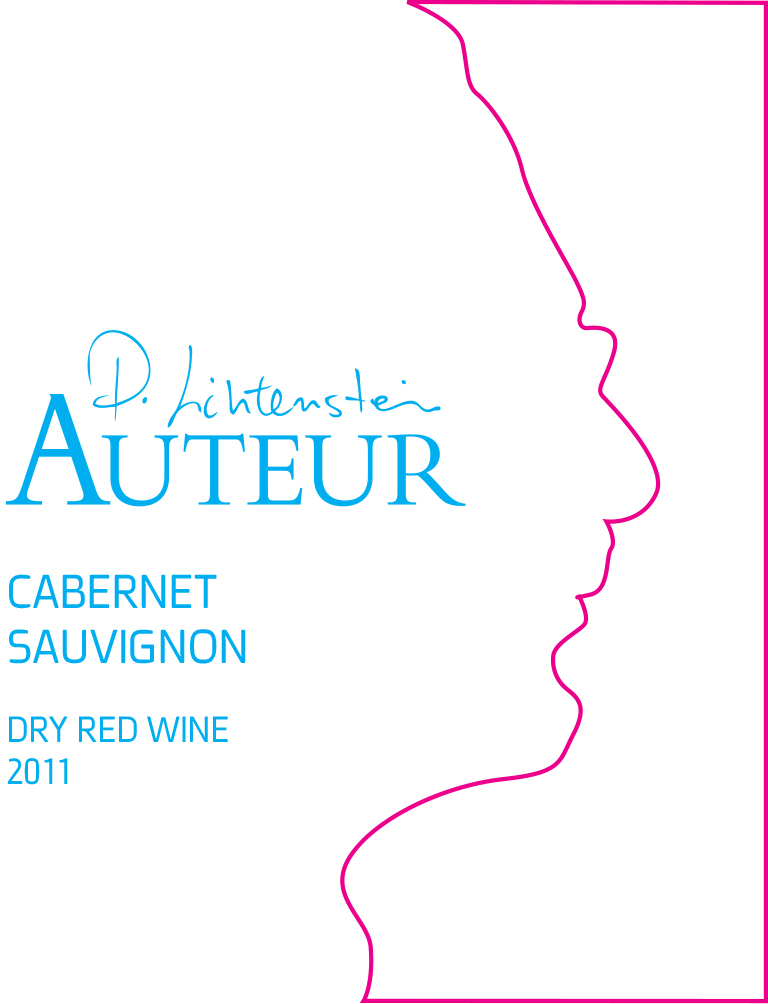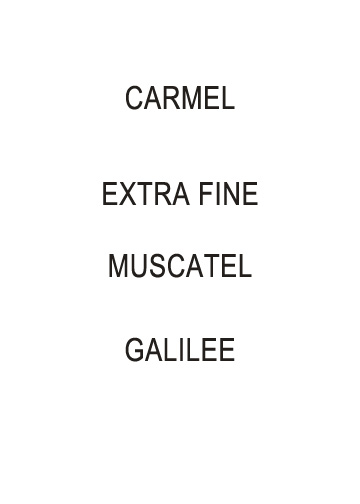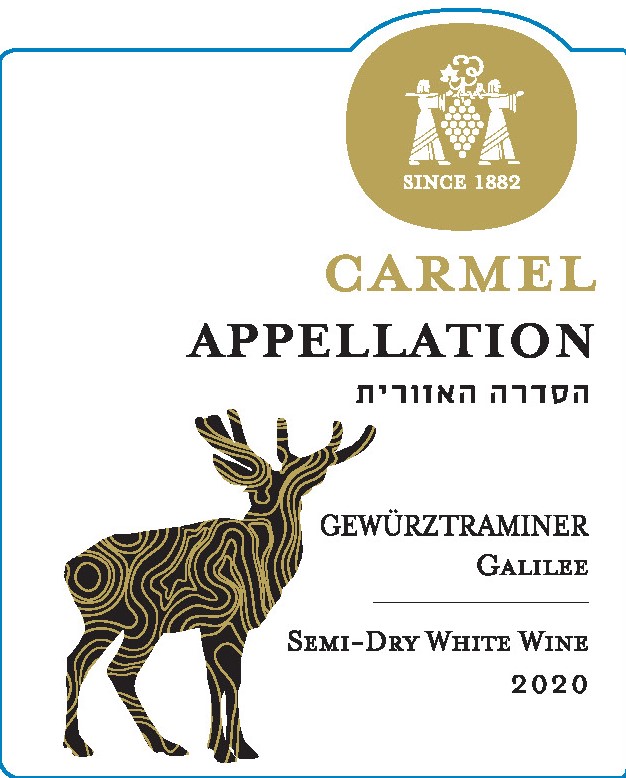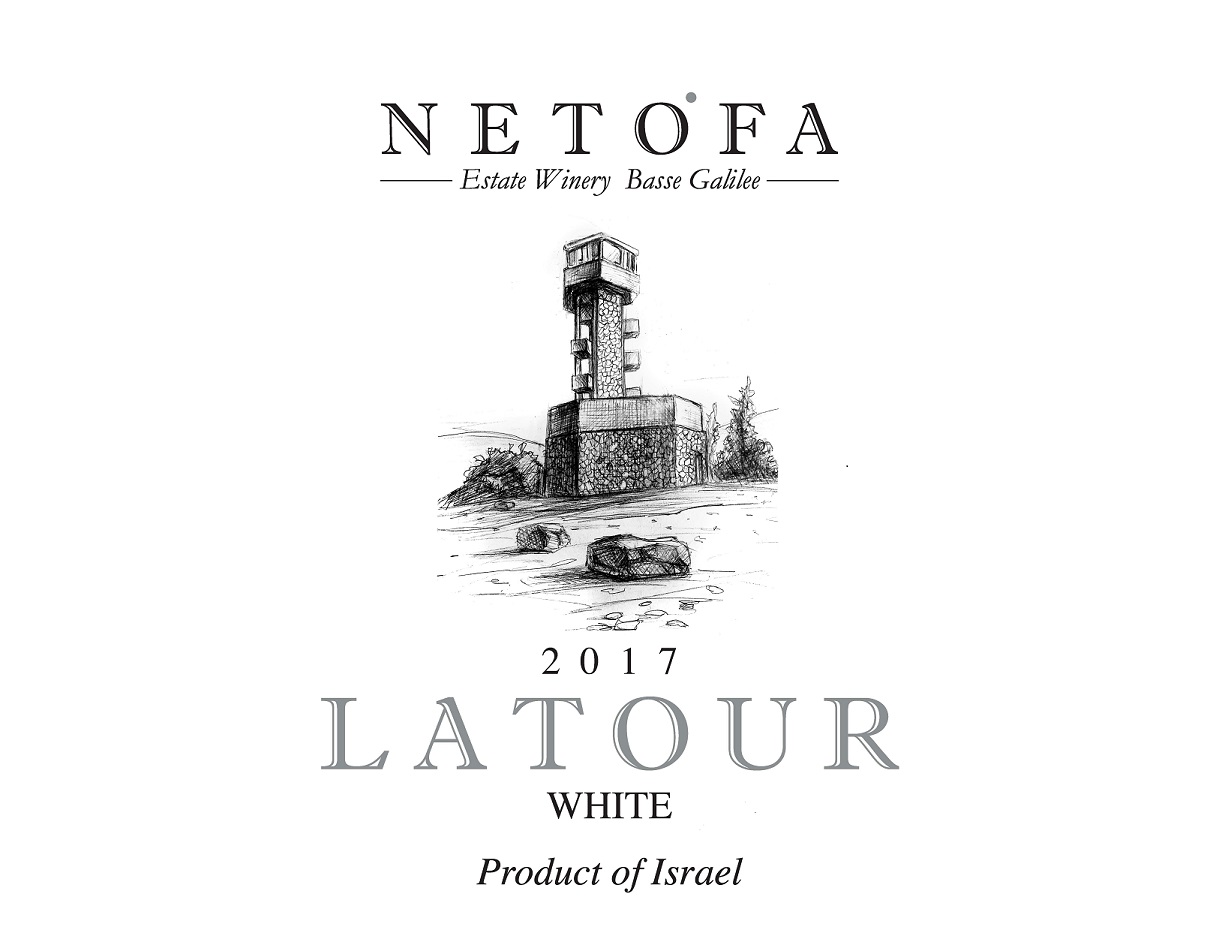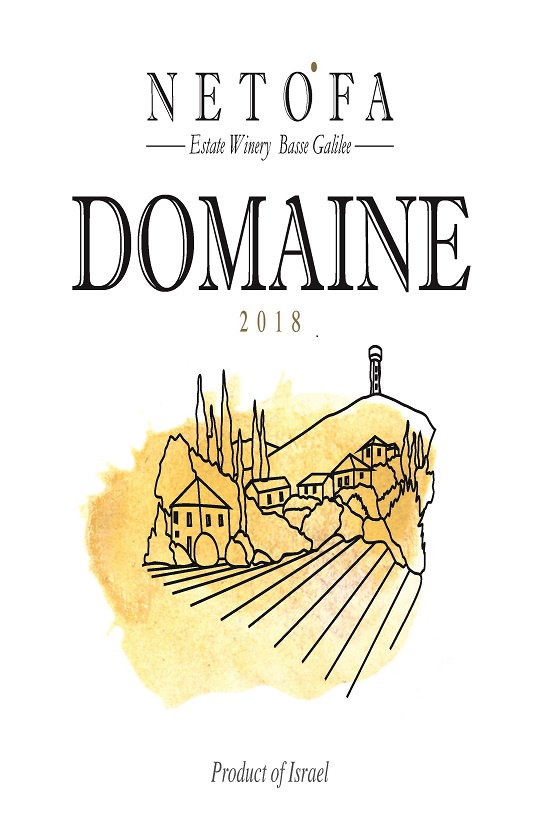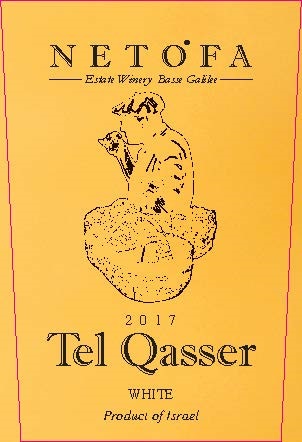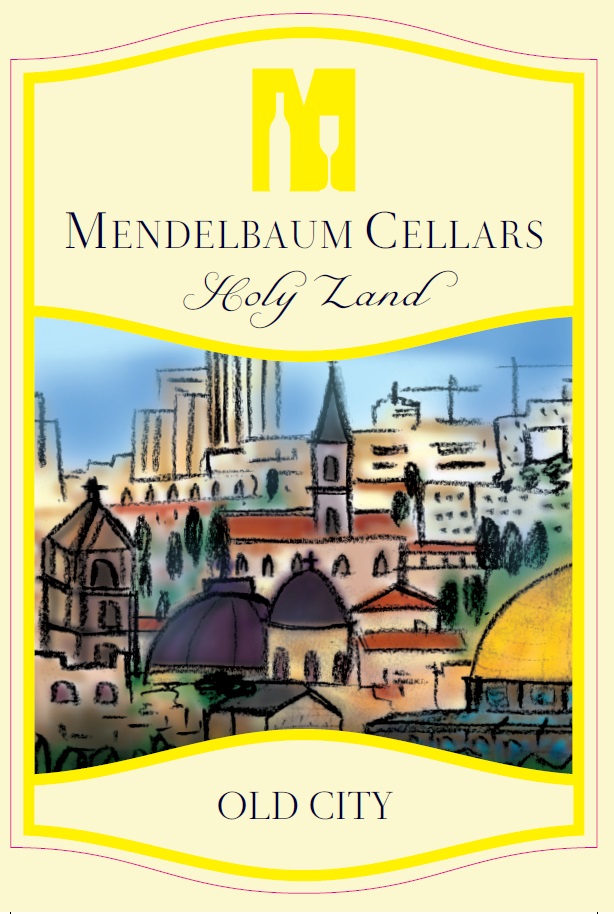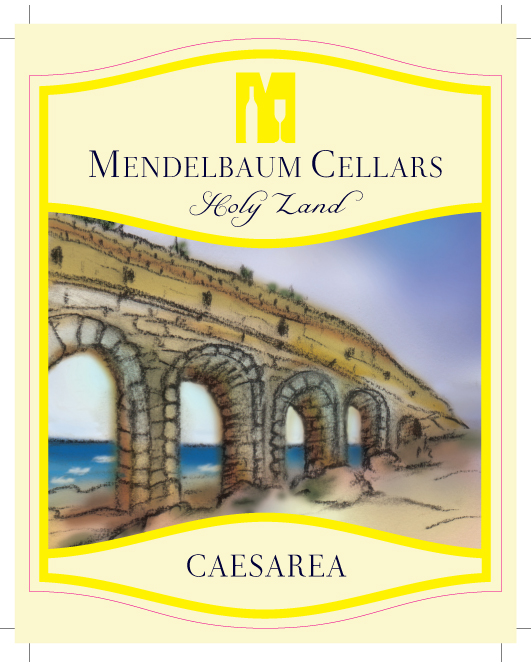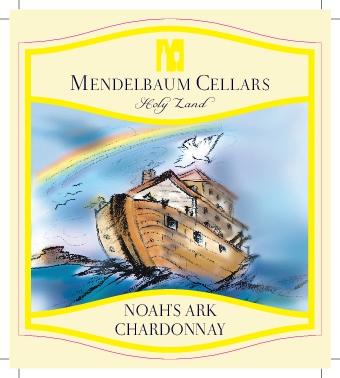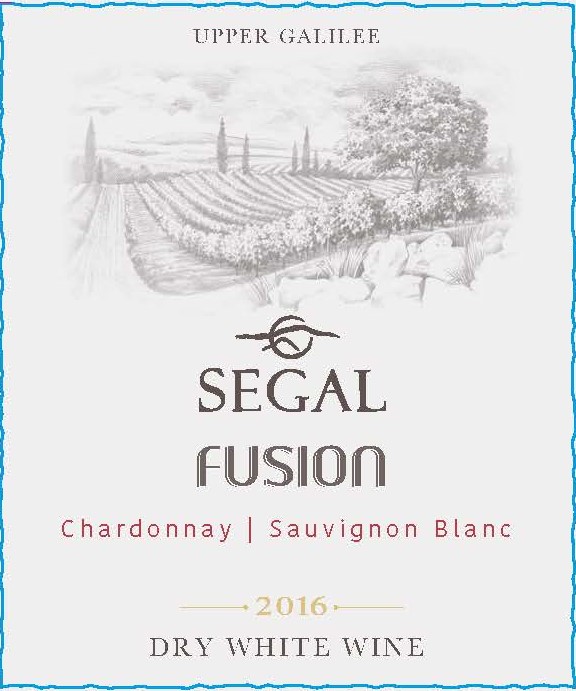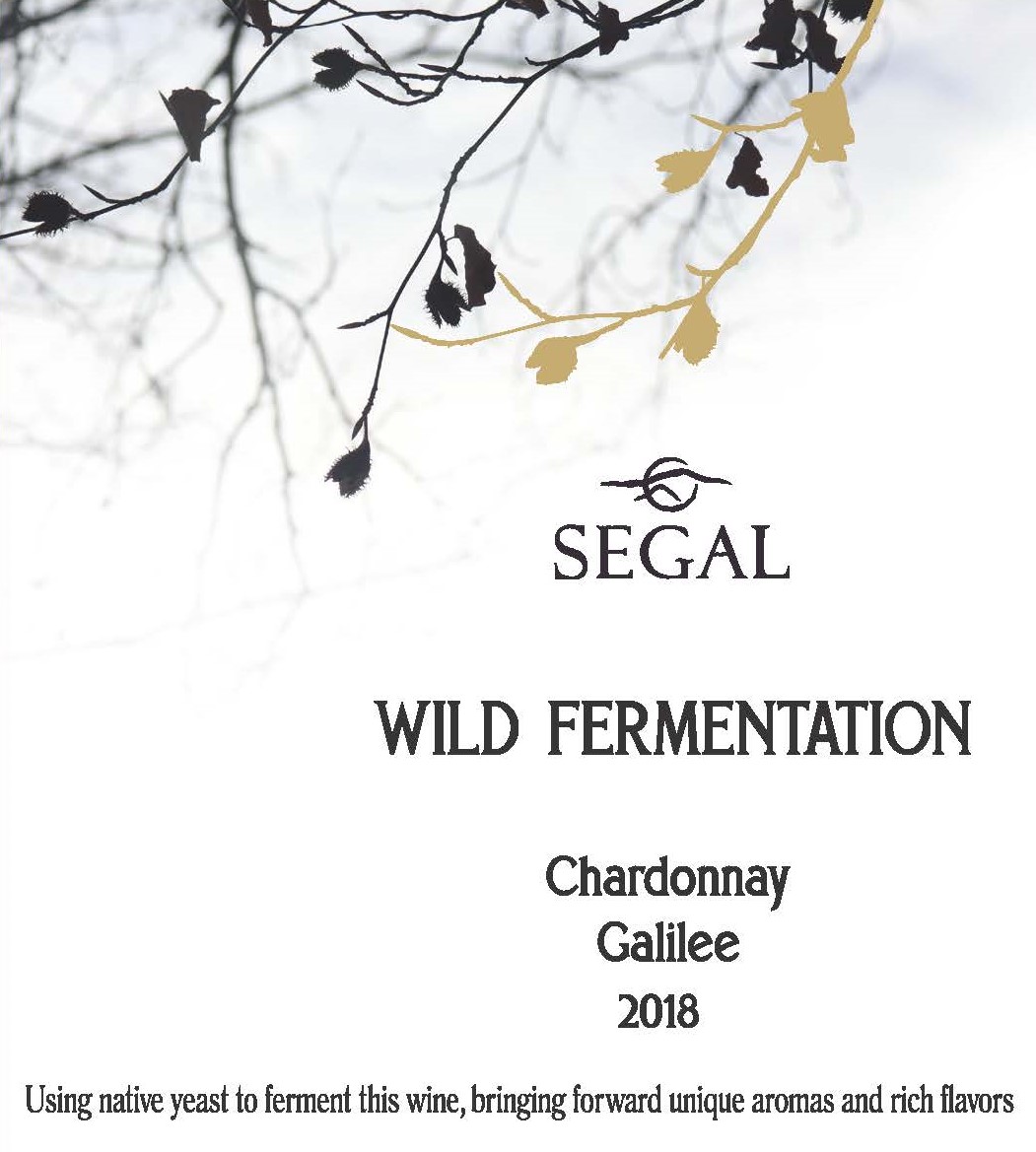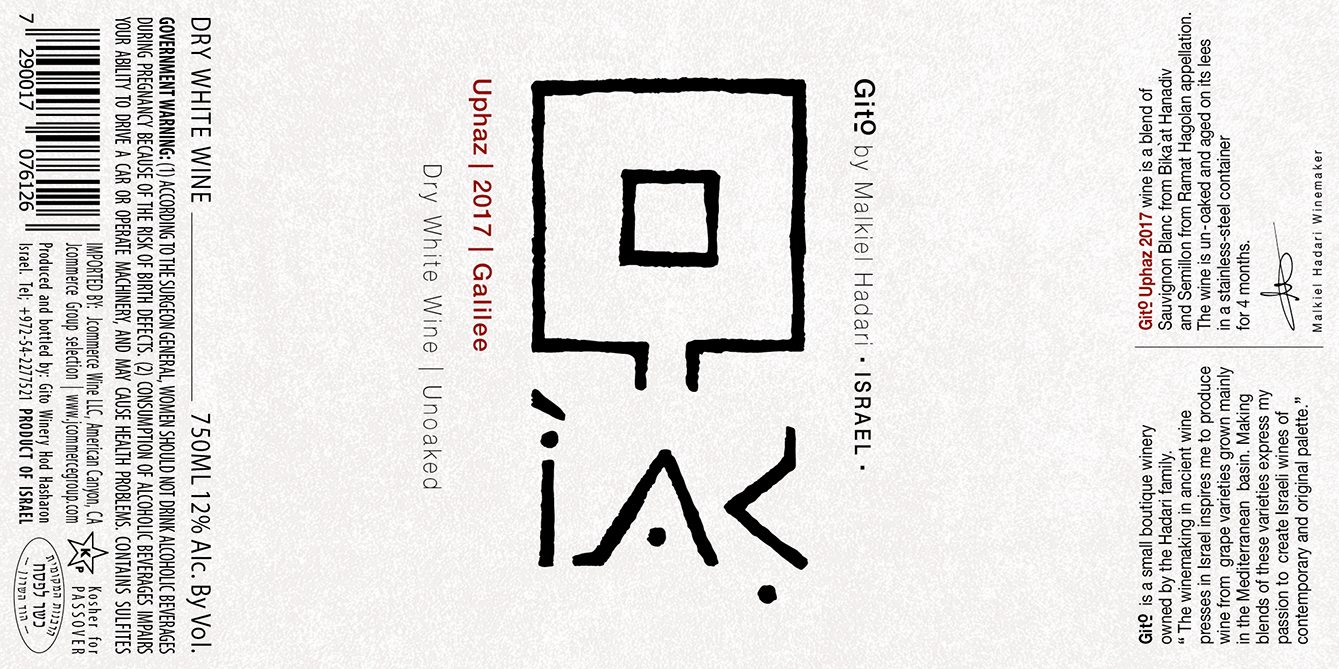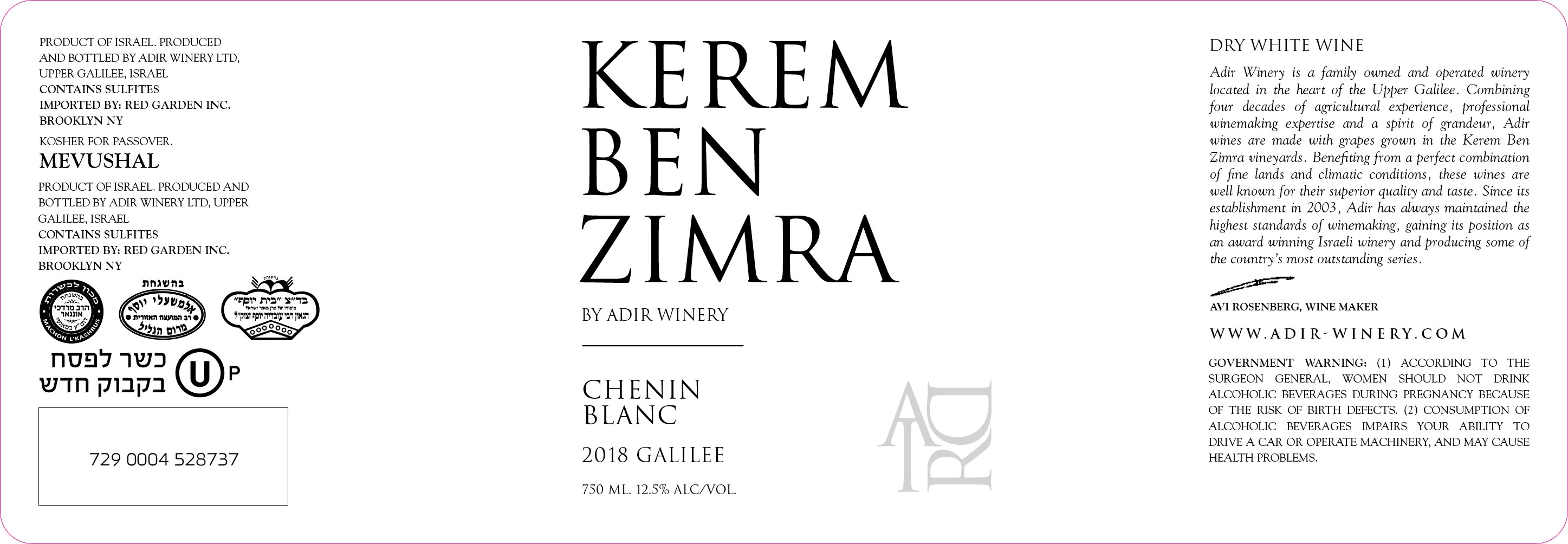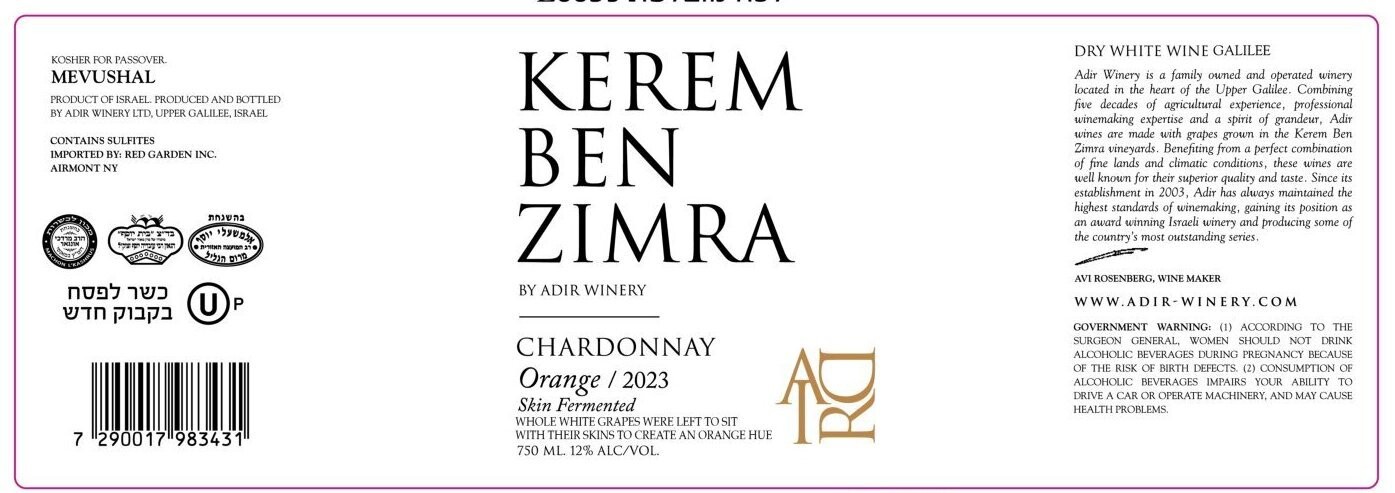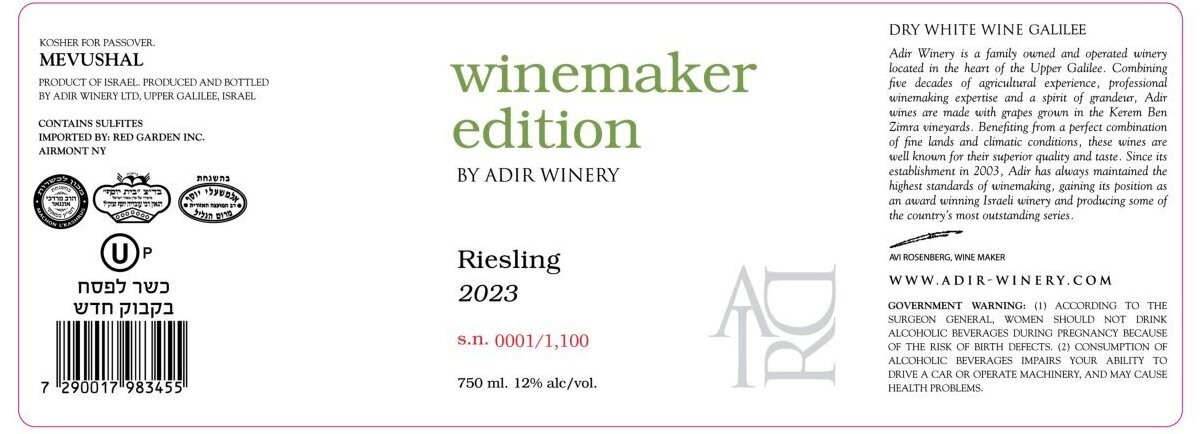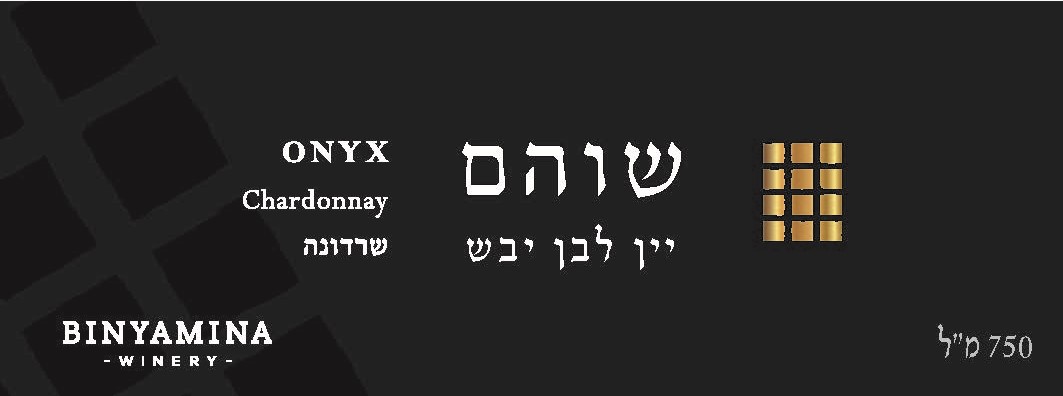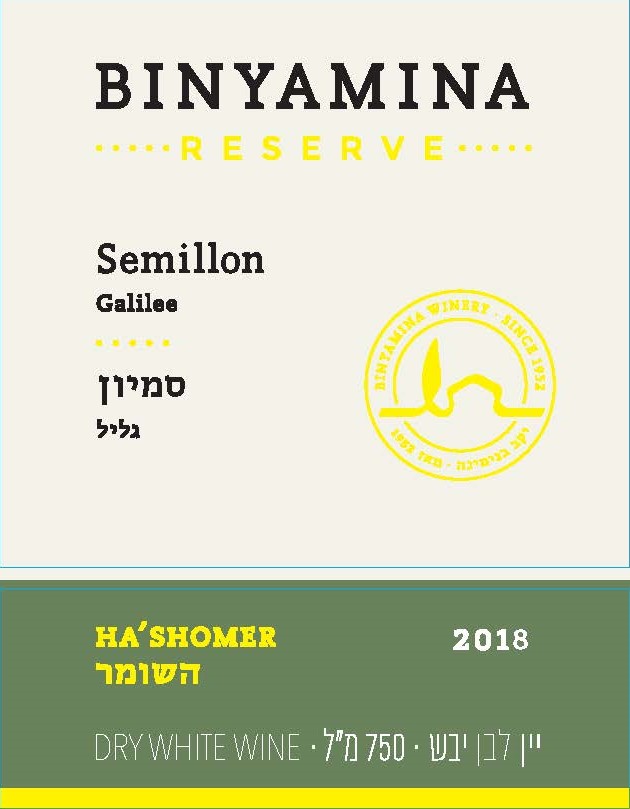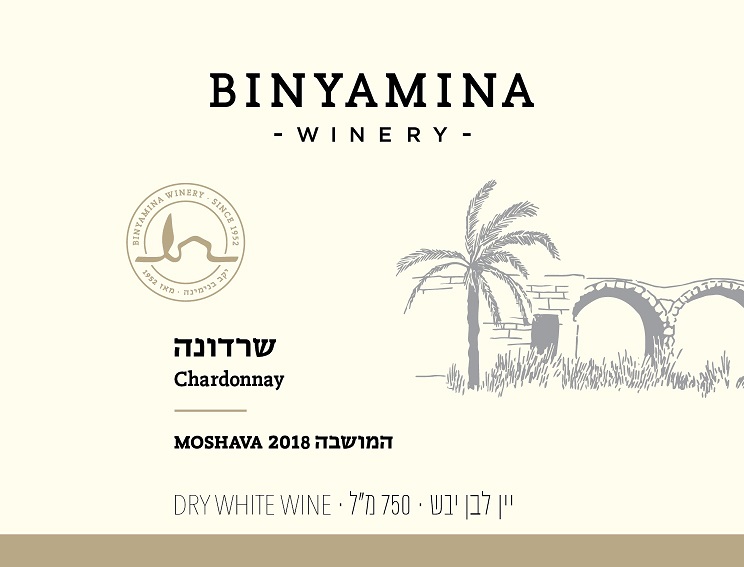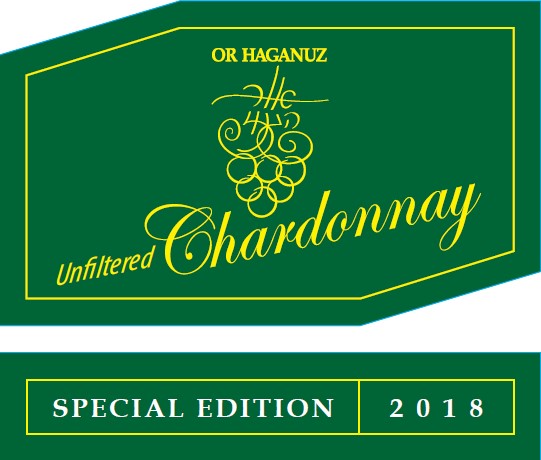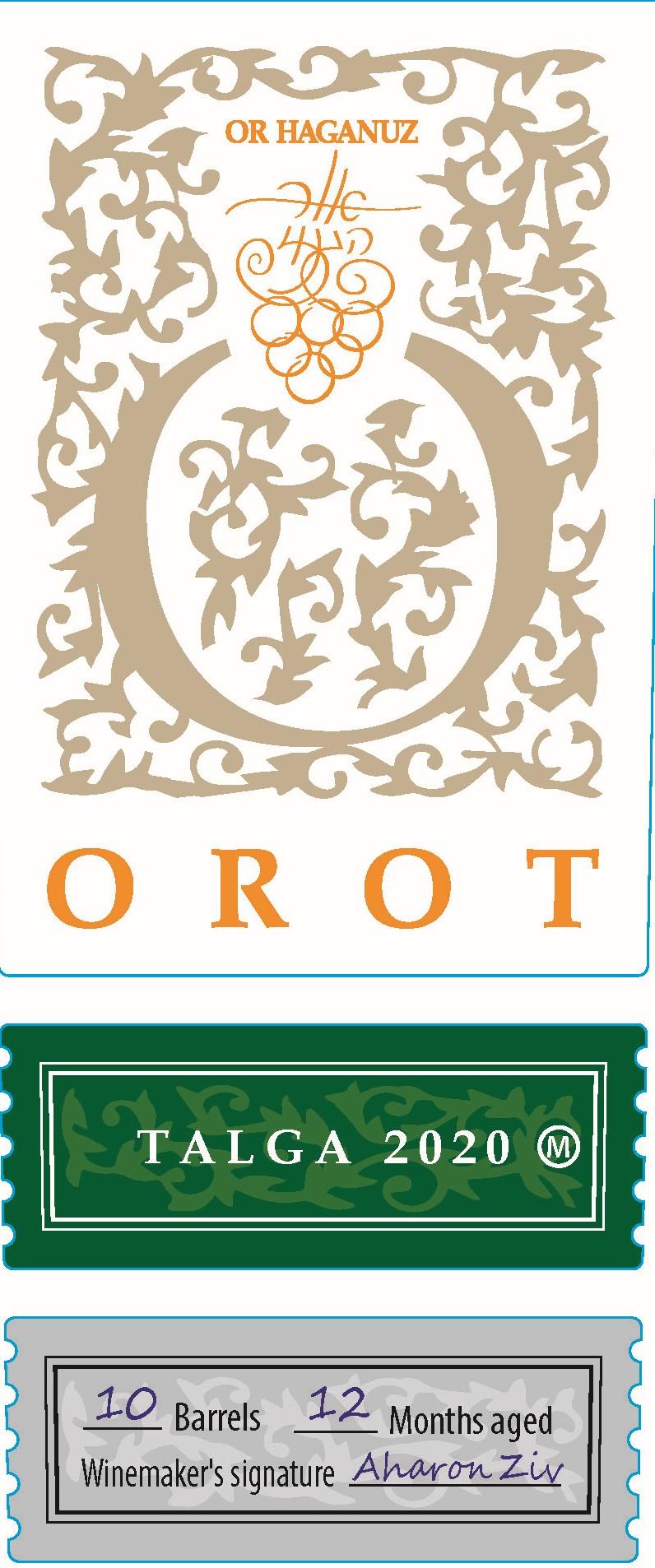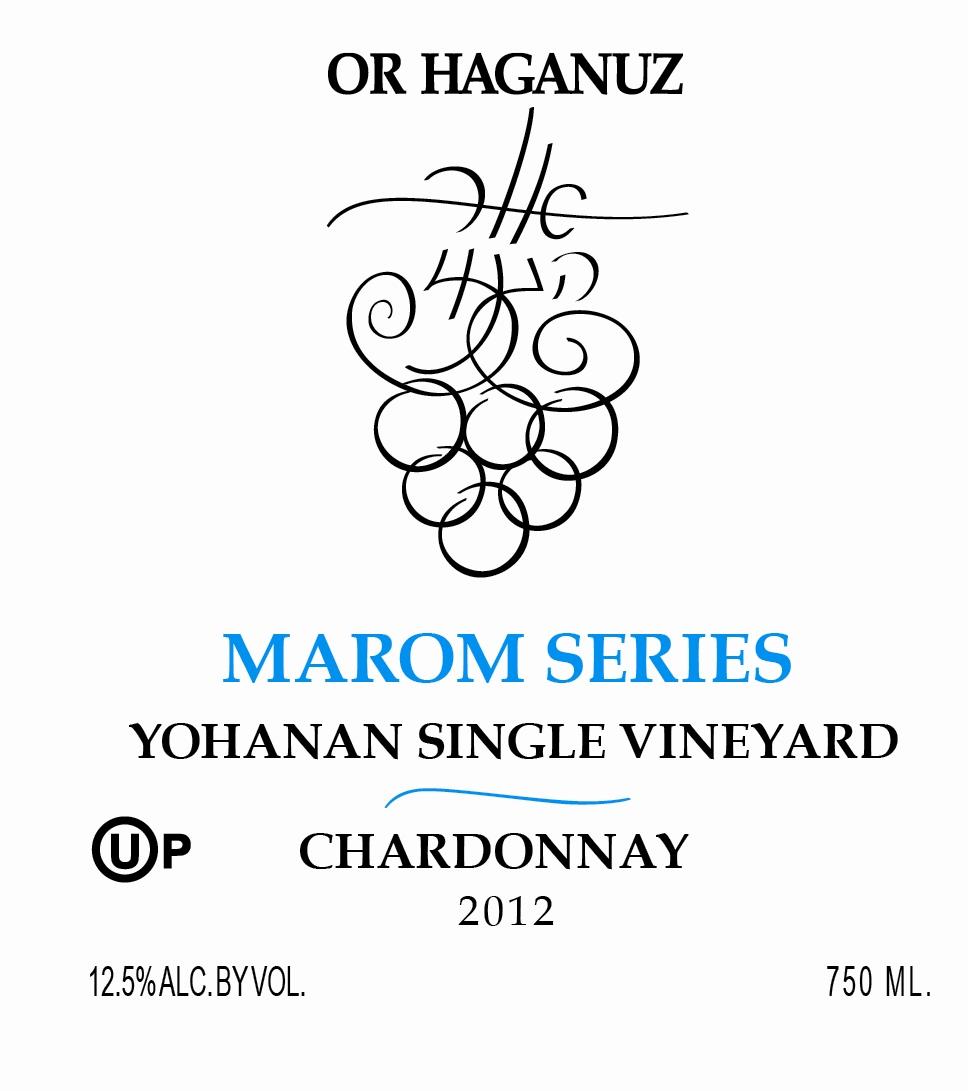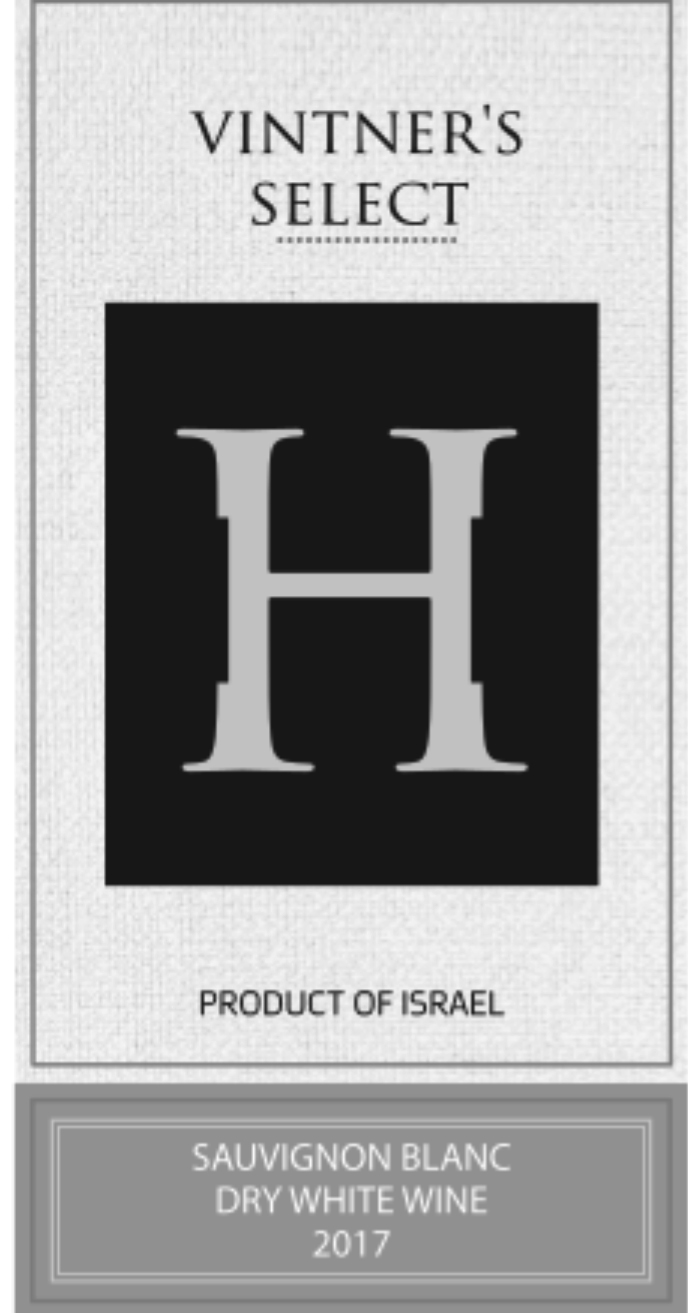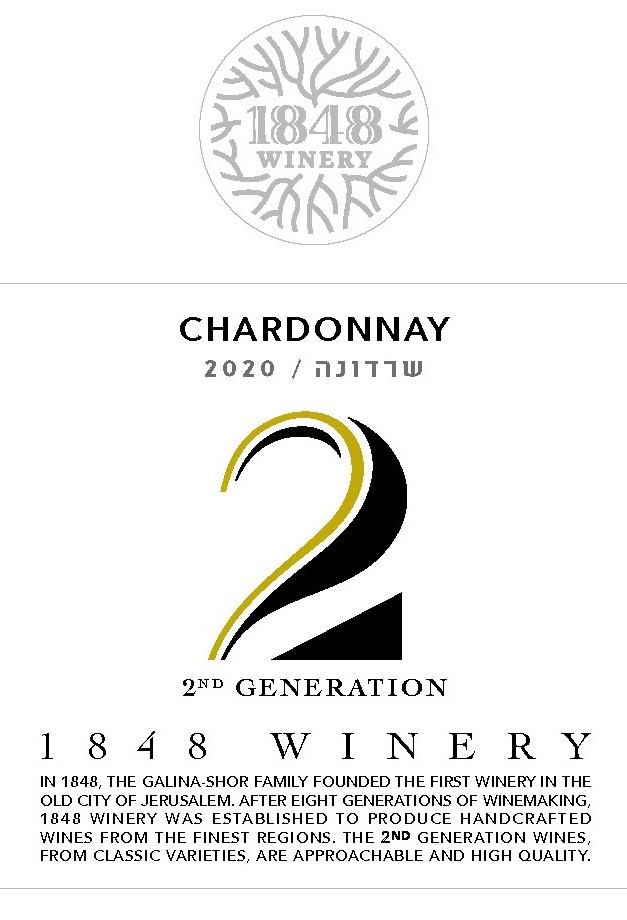Terroir of Galilee
Galilee's landscape is a mix of rugged mountains and varied soils. Upper Galilee's vineyards sit on slopes with volcanic tuff and terra rossa, while the Golan Heights features volcanic basalt. These soils provide good drainage, enhancing grape flavor. Lower Galilee has softer terrain with limestone and terra rossa, similar to Australia's Coonawarra.
The climate is Mediterranean with a high-altitude twist, offering cool nights and warm days. Upper Galilee and the Golan Heights get plenty of winter rain, important for healthy vines. Breezes cool the summers, reducing disease risk. Lower Galilee is warmer and drier, leading to the use of heat-tolerant grape varieties. This mix of altitude, diverse soils, and climate creates wines with rich flavors and balanced acidity, showcasing qualities of both New and Old World wines.
Notable Wineries in Galilee
Galilee, a jewel in Israel's winemaking crown, boasts notable wineries that blend tradition with innovation. Here are some key players:
-
Golan Heights Winery (Yarden): A pioneer since 1983, renowned for award-winning Cabernet Sauvignon and Rhône blends.
-
Galil Mountain Winery: Eco-friendly with mountain sophistication, known for its balanced Cabernet and Syrah.
-
Dalton Winery: Celebrated for Bordeaux-style reds and innovative Rhône varietals, with a strong wine tourism focus.
-
Tabor Winery: A leader in sustainability, crafting wines from Lower Galilee’s diverse terroirs.
-
Recanati Winery: Merging tradition with modernity, famous for Mediterranean varietals and indigenous grapes.
-
Jezreel Valley Winery: Highlighting native Israeli grapes, especially Argaman, with bold, spicy wines.
Sustainable Winemaking in Galilee
Galilee is at the forefront of sustainable winemaking in Israel, blending ancient traditions with modern eco-friendly innovations. Many vineyards in this picturesque region are adopting organic and biodynamic farming, using methods like composting grape leftovers and employing natural pest control. Cover crops between vine rows enhance soil health and encourage biodiversity. Wineries are also turning to renewable energy, with solar panels reducing carbon footprints.
Water conservation is crucial, with drip irrigation and advanced recycling systems minimizing waste. Certification programs, like LODI RULES, are gaining momentum, setting high standards for sustainable practices. By preserving their unique landscapes, Galilee’s winemakers are committed to producing exceptional wines while protecting the environment for future generations. This sustainable approach not only highlights their dedication to quality but also strengthens Galilee's reputation as a leader in eco-conscious winemaking.
Wine Tourism in Galilee
Galilee is emerging as a premier destination for wine tourism in Israel, celebrated for its scenic vineyards and rich winemaking traditions. The region's wine tours are set against a backdrop of mountains and valleys, offering visitors a chance to explore both large estates and boutique wineries. Tasting rooms are a focal point, where visitors can sample wines such as Cabernet Sauvignon, Syrah, and Chardonnay, often paired with local delicacies like goat cheese and olives.
The Annual Galilee & Golan Wine Festival highlights the vibrant wine culture, featuring tastings, workshops, and local cuisine. Galilee's commitment to sustainable practices, including organic farming and water conservation, enhances its reputation as a responsible wine producer. This blend of natural beauty, cultural richness, and innovative winemaking makes Galilee a compelling choice for wine enthusiasts.



